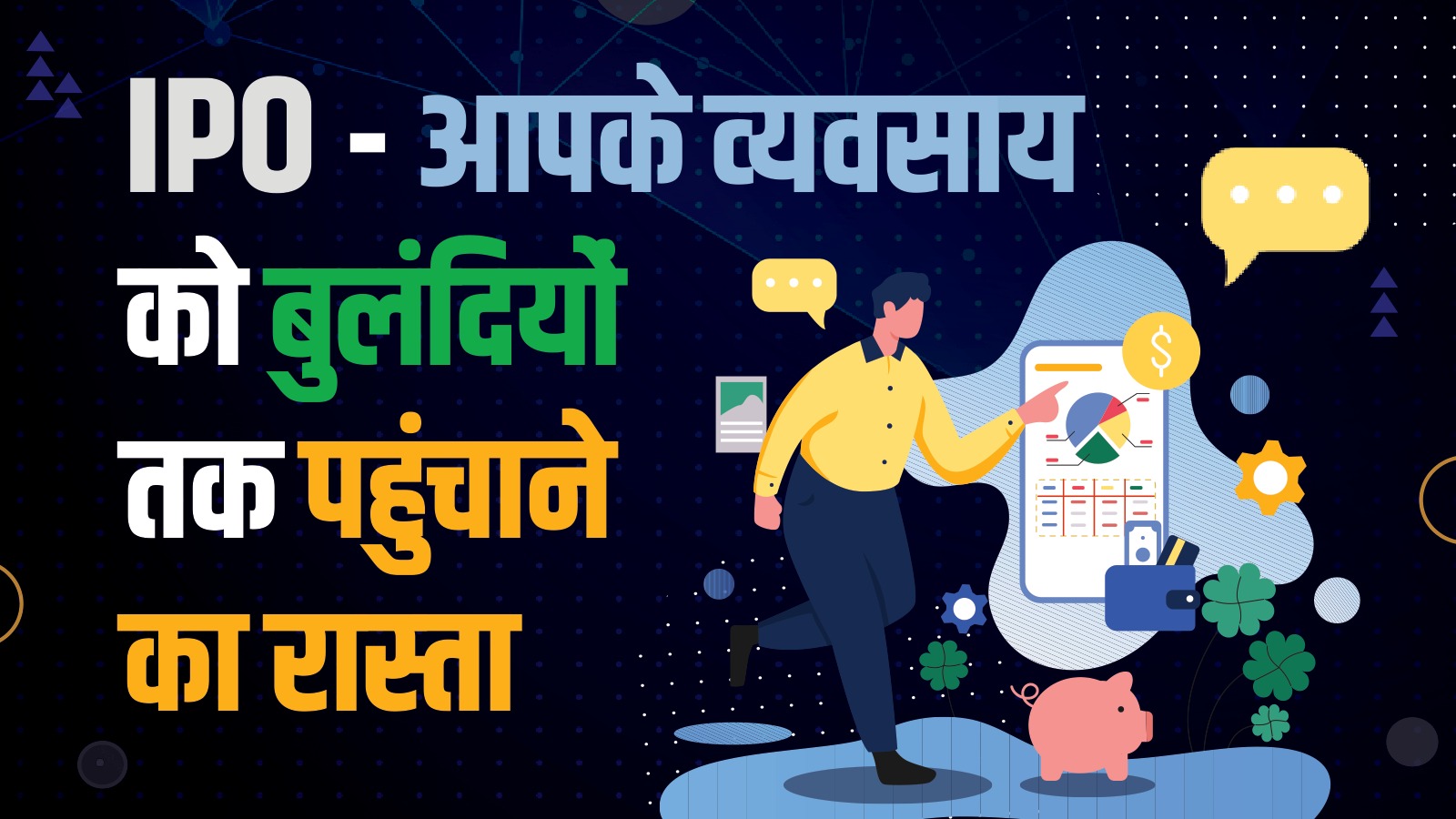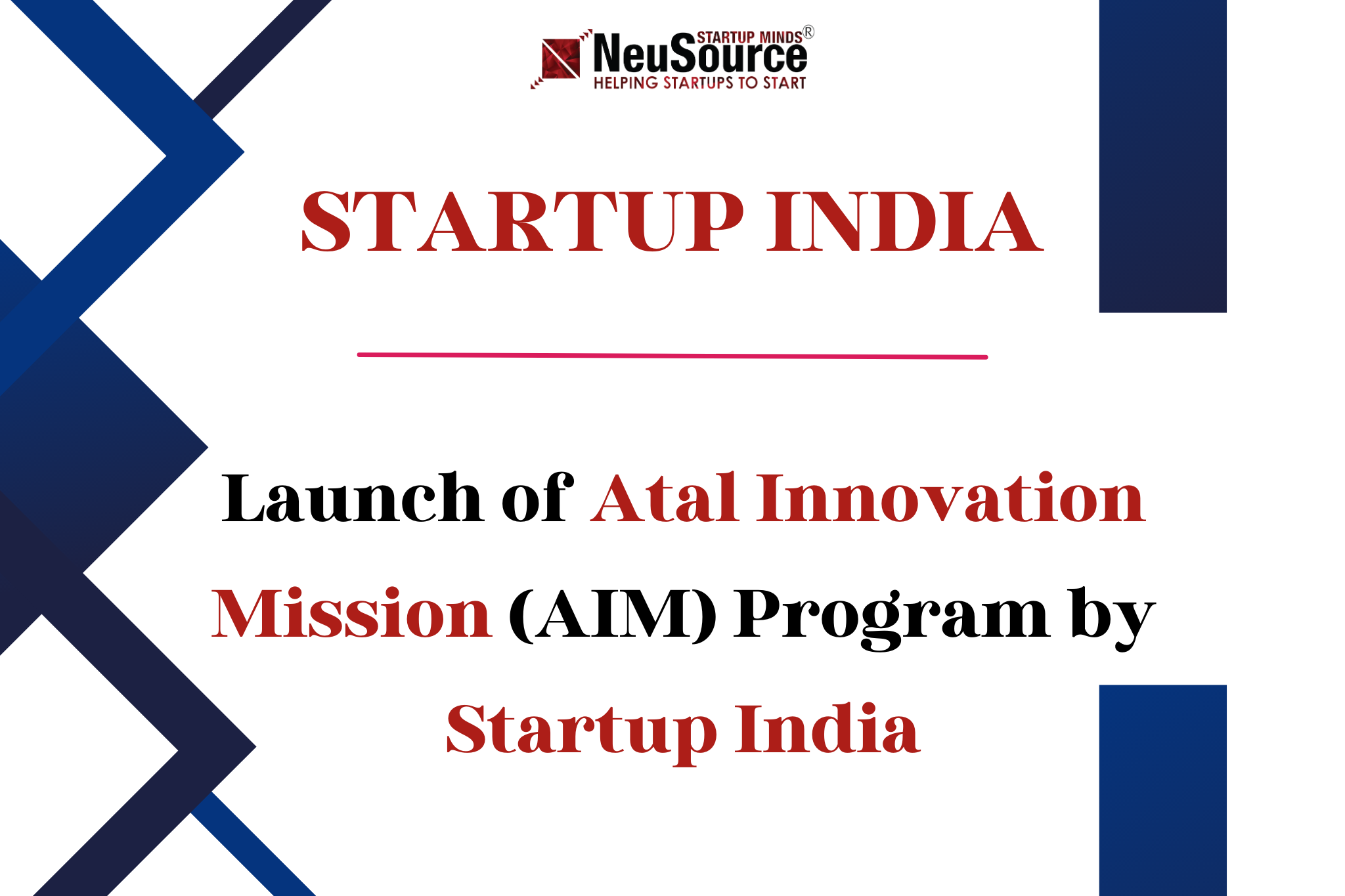
In a world where degrees are often seen as the ticket to success, Karan Shukla's story is a powerful testament that real success comes from passion, hard work, and the willingness to take risks. A BTech dropout, Karan didn't follow the conventional path to success. Instead, he followed his dreams and created DeciWood, an innovative audio company disrupting the audio industry with affordable premium products. But what makes Karan's journey truly inspiring isn't just his success—it's the valuable lessons he learned along the way that can empower others to do the same.
In this blog, we’ll explore Karan’s entrepreneurial journey in detail. We’ll break down the key lessons from his startup experience and how he built DeciWood into the game-changing company it is today. Whether you're an aspiring entrepreneur or simply curious about how to succeed without a degree, Karan’s story is one worth learning from.
Lesson 1: Degree Doesn’t Define You—Passion Does
Many people believe that a degree is essential for success, but Karan Shukla proved otherwise. After completing his initial education, he realized that the traditional academic system wasn’t equipping him with the skills he needed for his passion—entrepreneurship. Rather than continuing down the conventional route, Karan made the bold decision to drop out of BTech. Instead of conforming to societal expectations, he chose to follow his heart.
Key Takeaway: The first lesson Karan teaches us is that passion is the driving force behind success, not a degree. While formal education has its place, it’s your enthusiasm for what you do that will fuel your growth. If you find something that excites you, pursue it relentlessly, even if it doesn’t fit into the traditional mold. Karan’s passion for digital marketing and coding drove him to dive deeper into learning those fields on his own. His story is a reminder that education is not confined to classrooms; your drive can be the best teacher.
Lesson 2: Take Risks, But Always Do Your Research
One of the biggest decisions Karan made in his entrepreneurial journey was dropping out of college. Taking risks is inherent to entrepreneurship, but Karan understood that these risks needed to be calculated and backed by research. He didn’t just leap without looking—he researched, connected with industry experts, and even interned at Venture Catalyst, learning from seasoned entrepreneurs.
Key Takeaway: Karan’s journey emphasizes that while taking risks is necessary for growth, research is equally important. It’s easy to get swept up in the excitement of starting a business, but without understanding the market, your customers, and your product, the risks can become reckless. Entrepreneurs should invest time in gathering information, networking with the right people, and learning from the experiences of others before taking the plunge. Karan’s calculated risk set him up for success in a highly competitive industry.
Lesson 3: Funding is About Trust, Not Just Capital
Karan secured his first round of funding at the age of 19, an impressive feat for someone so young. But what stood out wasn’t just the financial support—Karan had built relationships with his investors based on trust. Investors are not just looking for a business idea; they’re investing in people—in your vision, your determination, and your ability to deliver. Karan’s focus was not only on building a great product but also on building trust with his backers.
Key Takeaway: The third lesson is that funding is about building relationships and trust. Money alone isn’t enough to scale a business. Investors want to back entrepreneurs who demonstrate reliability, transparency, and the ability to execute. Karan’s ability to sell his vision and show his investors that he was trustworthy was just as important as securing funds. Whether you’re raising angel investment or venture capital, building a network of supportive, trustworthy investors is crucial for long-term success.
Lesson 4: Understanding Customer Needs is Key to Delivering Value
At the heart of DeciWood’s success is Karan’s ability to understand his customers’ needs. He recognized that while high-quality audio was in demand, most premium products were out of reach for many Indian consumers. So, he decided to create a solution that offered affordable, premium-quality audio for the masses. This approach filled a gap in the market and positioned DeciWood as a go-to brand for those who wanted quality without breaking the bank.
Key Takeaway: Karan’s focus on understanding his customers' needs teaches us a crucial lesson: to build a business that truly adds value, you must first understand your target audience. Instead of chasing trends or simply creating a product, you should focus on solving a real problem for your customers. In Karan’s case, the problem was the affordability of premium audio. The solution was offering high-quality sound at an affordable price. As an entrepreneur, always ask yourself: What problem am I solving? And how can I provide real value to my audience?
Lesson 5: The Right Team and Mentorship Are Invaluable
Building a successful startup is not a solo endeavor. One of the most important aspects of Karan’s journey was the support he received from mentors and his team. He believes that entrepreneurship is like a marriage—you need to build strong relationships with the right people. Karan surrounded himself with experienced mentors who helped guide him through tough decisions. Additionally, he built a capable team that shared his vision and worked together toward a common goal.
Key Takeaway: Building a great team and finding mentors is key to any startup’s success. Entrepreneurs often try to do everything themselves, but as Karan’s story shows, collaboration and guidance are essential. A team that believes in the vision and mentors who provide valuable advice can make all the difference. Surround yourself with those who complement your strengths and help fill in your weaknesses.
Lesson 6: Constant Innovation Keeps You Ahead of the Curve
Karan’s innovative spirit was central to DeciWood's growth. The brand didn’t just sell audio equipment—it offered eco-friendly MDF speakers, a first in the industry, and provided customizable audio solutions. By staying ahead of market trends and being open to innovation, Karan was able to carve out a niche for himself in the competitive audio industry.
Key Takeaway: Innovation is essential for sustaining long-term growth. The market evolves quickly, and without continuous innovation, even the best products can become obsolete. Karan’s success is a great example of how staying ahead of the curve can help your brand stand out. Whether it’s product development, marketing strategies, or customer experience, always look for new ways to enhance your offering.
Lesson 7: Never Stop Learning and Adapting
Even after achieving significant success, Karan continues to learn. He’s always adapting to new trends, improving his skills, and exploring new opportunities. His journey is a lifelong learning process, and that mindset has been key to his success. Karan views entrepreneurship not as a sprint but as a marathon—a long-term commitment that requires perseverance and a willingness to evolve.
Key Takeaway: Karan’s story teaches us the importance of being lifelong learners. Adaptability and the willingness to continuously grow are crucial to entrepreneurial success. As an entrepreneur, you must always be open to new ideas, technologies, and strategies that can help you overcome obstacles and take your business to the next level.
Conclusion:
Karan Shukla’s journey from BTech dropout to a successful entrepreneur is proof that traditional paths aren’t the only way to succeed. Through passion, calculated risks, customer-centric innovation, and a relentless pursuit of growth, he was able to create DeciWood—a brand that’s making waves in the audio industry. His story shows us that success is not defined by degrees but by your ability to dream big, take action, and adapt along the way.
As you embark on your own entrepreneurial journey, remember the lessons Karan teaches: pursue what you love, take calculated risks, build trust, understand your customers, innovate constantly, surround yourself with the right people, and never stop learning.
The road to success is not always easy, but with the right mindset and strategy, you too can build a business that makes a real impact. Karan Shukla’s story is just the beginning—yours could be next.
Janki Gupta
The internet offers opportunity, but only strategy builds success. Don't just exist online—dominate. Choose Neusource to craft your digital footprint and lead your business to its peak.








































































![Your Step-by-Step Guide to Company Registration in Delhi [2025]](https://images-hub.s3.ap-south-1.amazonaws.com/Usefull/Blog/BannerImages/3950/3950.png)
































